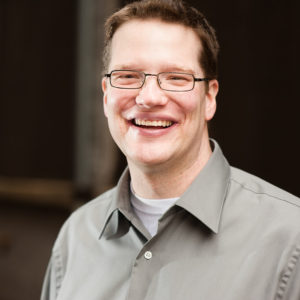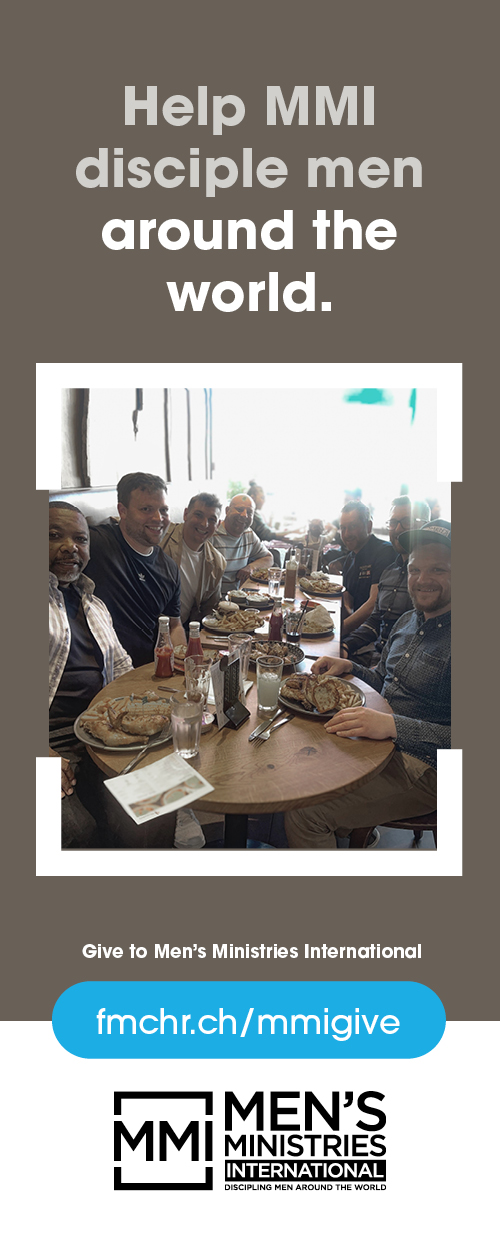Mindi Grieser Cromwell
Mindi Grieser Cromwell, Ph.D., is a Free Methodist elder who resides in McPherson, Kansas, where she is the chair of the ministry and theology department at Central Christian College of Kansas.
by Mindi Grieser Cromwell
The Free Methodist denomination is not unique in holding our highest allegiance to Jesus. We are, however, among a few denominations that explicitly forbid members and ministers from participation in secret societies.
As the Book of Discipline’s ¶ 3132 states, “The Christian’s supreme loyalty is to Jesus Christ who is Lord (Romans 14:9; Acts 2:36). In every association, Christians must keep themselves free to follow Christ and obey the will of God (2 Corinthians 6:14–18). Therefore, as members of the Free Methodist Church we abstain from membership in secret societies.”
The Discipline goes on to outline how many secret societies use religious terms, practices and songs that imitate church services and that the god they promote is unitarian or deistic in nature. They worship a god who is not the orthodox trinitarian God of Christianity.
What led us to be so explicit in our stance against secret societies? And is this stance still relevant today? The first question is rooted in our history, and we will look back to Free Methodist beginnings. The second question will bring us into our current context where we can use our past to ask questions of the relevance today.
Free Methodist beginnings were entangled with secret societies, and the early stance against secret societies and lodges was rooted in Free Methodists’ Christocentric and egalitarian beliefs. Fraternal orders and secret societies such as the Masons, Odd Fellows and others were built around a vague, universalistic religion that emphasized hierarchies of people and power. In the 1840s and 1850s, these groups were growing in popularity and political strength in the general public and within the Methodist Episcopal Church. It was believed that nearly 20% of Methodist Episcopal clergy were associated with a fraternal order around this time.
B.T. Roberts believed that universalist beliefs had infiltrated the Methodist Episcopal clergy, and these beliefs were in part responsible both for the abandonment of Methodistic fervor and the strong reaction against Roberts and other holiness preachers and lay people. The backdoor dealings among Methodist Episcopal clergy to remove Roberts from the denomination also played a role in his and Free Methodism’s long-standing stance against secrecy.
After the Civil War, while slavery had been abolished in name, the work to fully integrate people who had been enslaved into society was the next task for Christian abolitionists like many early Free Methodists. Many of those who were abolitionists before the Civil War were also egalitarians, which meant that they believed in the full equality of all people regardless of race or gender. For these people, secret societies such as Masons, Odd Fellows and the Ku Klux Klan stood in the way of an egalitarian society because they removed white men from the life of the church, used the society meetings to make decisions about local political life, and centered male social life in the lodge — not the home.
Early Free Methodist ministers C.H. Underwood and N.D. Fanning, frustrated at their camp meetings being disturbed by secret lodges, asked Wheaton College President Jonathan Blanchard to take up the anti-secret society cause. The group that formed, the National Christian Association, began publishing a newspaper, The Christian Cynosure, to publicize the cause. Later a short-lived political party, the American Party, grew out of the National Christian Association with a platform that included (but was not limited to) full equality for African Americans, women and Native Americans. The goal of an egalitarian, Jesus-centered society motivated their work against the power that secrecy gave lodges, secret societies and later the KKK within local communities to keep African Americans and women out of decision-making.
Secret societies such as the Masons, Odd Fellows, KKK and others have experienced rising and falling levels of interest over the years, but the Free Methodist stance against secret societies has remained. The larger point is, of course, important. No group, allegiance or person is to be more important than Christ in our lives. There is no higher allegiance. And it is equally important that we recognize the false idol that groups can play in our lives.
It is this point that bears upon our current American context. In the United States, an online conspiracy has morphed into a secret society with many of the same quasi-religious overtones that Masonry and similar groups have. Some people are even reciting an oath or otherwise pledging allegiance to this conspiracy for “membership.” This group, QAnon, follows many of the same strategies of earlier secret societies. But as Free Methodists we can have no higher pledge than to be a follower of Jesus.+

Jeff Finley
Light+Life Executive Editor
Jeff Finley is this magazine’s executive editor. He joined the Light+Life team in 2011 after a dozen years of reporting and editing for Sun-Times Media. He is a member of John Wesley Free Methodist Church where his wife, Jen, serves as the lead pastor.









